
FACE IT, YOUR BODY SKIN CARE ROUTINE NEEDS A LITTLE TLC TOO
In many areas of the country, the mercury is dipping, and the use of gas, kerosene, oil, electricity, and wood to keep homes and businesses warm is rising. There is a lot to love about this time of year, but dry skin is not one of them. While most of us focus on our faces when thinking about skincare, it is essential not to neglect the skin on the rest of our bodies. Arms, legs, torsos, backs, hands, and feet need TLC this time of year, too. Keep reading to learn more about how you can care for your body skin this winter.
WHY WINTER WEATHER DRIES OUT SKIN
Cold weather usually brings about dry air, and that is what dries out your skin. Even skin that is kept under your clothing can suffer from itchiness and dryness. In addition to the cold weather outdoors, the air indoors is also often less humid because artificial heating (whether it is from radiators, floor vents, or a wood stove) removes moisture from the air. The results? Drier skin, which tends to feel tight, itchy, and uncomfortable.
There are other factors at play here that have little to do with the weather. You might wear clothing that is not as soft as the clothing you wear during the warmer months. For example, wearing wool next to your skin can lead to irritation. Some people find fleece and acrylics bothersome too. You might be eating saltier foods and indulging in more alcoholic beverages this time of year, as well, which can lead to puffiness and more overall discomfort. The key is understanding what is bothering your skin to give it the TLC that it needs.
KEEPING SKIN HYDRATED
Adding hydration to your skin can give it the softness you are looking for. The obvious solution is to drink more water. It does not necessarily have to be water; you can drink herbal tea, decaffeinated coffee, fruit juice, seltzer, or just about anything else that does not contain alcohol or caffeine. While you already know you should be drinking six to eight glasses of liquids per day, it is easier to do in the summer, when you are warm and sweating. In the winter, it might not occur to you that you are thirsty until you are dehydrated. So try to sip from a water bottle or mug throughout the day. If you drink a glass of water when you wake up, a glass before bed, and one at each meal, that is already five glasses throughout the day.
You also want to hydrate from the outside in. Take a comfortably warm shower every day or every other day (if your skin is dehydrated, you might not benefit from daily showers). Do not take hot showers and unless you have a job or hobby that makes you dirty or sweating; there is no need to take more than one shower per day in the winter. After your shower, use a good moisturizer on your arms, legs, torso, back, and feet. You will probably need a heavier moisturizer than the one you use during the summer.
You will also want to be sure to keep your hands well-moisturized. Your hands are rarely covered, and they are prone to chapping. The extra handwashing you are probably doing will also contribute to dryness. Keep a heavy cream with you to apply after washing your hands and using it regularly throughout the day. Avoid hand sanitizers if your hands are irritated and opt for washing with soap and water instead.
EXFOLIATION: DO YOU NEED IT?
When your skin is dry, it can tend to be flaky. While harsh exfoliants are not what you need, using a washcloth in the shower with a cream-based cleanser can help remove any dry, flaking skin, and keep you more comfortable. Pay special attention to your knees and elbows, as well as any other areas that tend to be uncomfortable and tight.
You can also use a body scrub, but this should not be used more than once or twice per week. Buy one from any store or salon, or you can make one yourself out of ingredients you likely have at home, such as honey, brown sugar, or green tea. If your skin is sensitive, use scrubs with caution because rubbing too hard can cause additional irritation.
Consider not using a body pouf or loofah unless you can change it out often. These tend to be a friendly home to bacteria and mildew, and they can begin to multiply after you use them for a few weeks. If you want to use these products, throw them away. And replace them with a new one every three or four weeks.
LIFESTYLE CHANGES YOU CAN MAKE
Your skin is your largest organ, and the way you care for your body will impact it. It is good to get into healthy habits for your overall health and your skin health. Here are some changes you might consider making:
- STOP SMOKING. If you smoke, talk to your doctor about ways to quit. Smoking is unhealthy for the lungs, of course, but it is also bad for your skin (and the rest of your body). Quitting smoking can add years to your life.
- GET PLENTY OF SLEEP. Your skin rejuvenates and replaces itself overnight, but only if you are sleeping. Aim for seven to eight hours (nine if you are under 20) per night. It can be hard to get the sleep you need, but try using your bedroom only to sleep and leave your smartphone, laptop, tablet, and television out. This can help you fall asleep faster and get deeper sleep. Also, try keeping the room cool and being sure to wear only the comfiest of pajamas.
- EAT A HEALTHY DIET. You have heard the adage, “you are what you eat,” and this applies to your body skin care as well as to the rest of your body. Eating fresh, whole foods whenever possible and avoiding too much salt and sugar will go a long way toward boosting your skin health (and your overall health). Focus on eating fruits and veggies (canned or frozen is fine if you cannot get fresh), whole grains, dairy products, and lean protein sources (like eggs, poultry, and fish). Talk to your doctor if you have health concerns.
- EXERCISE. Physical movement allows your body to flush excess fluids that are puffing up your skin and improves your circulation. Your mental and physical health will benefit if you squeeze in a 20-minute walk or some other workout each day.
Developing and practicing a healthy body skin care routine will pay off throughout the year, no matter the weather!
 None
None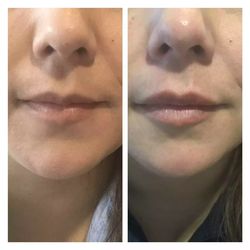 None
None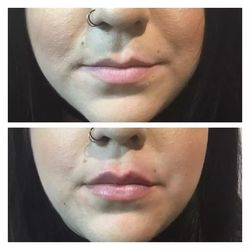 None
None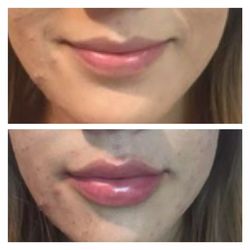 None
None None
None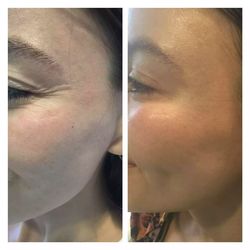 None
None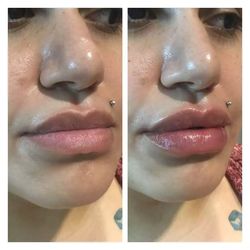 None
None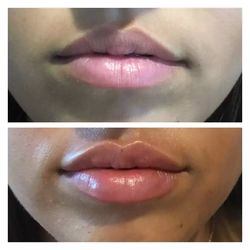 None
None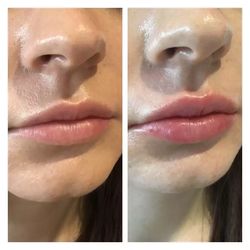 None
None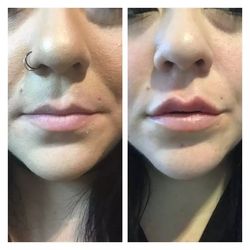 None
None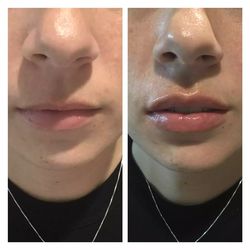 None
None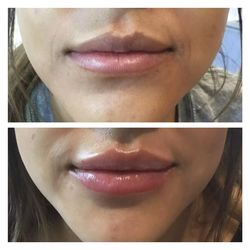 None
None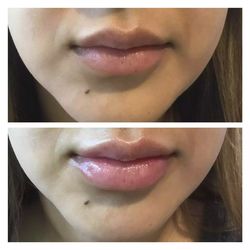 None
None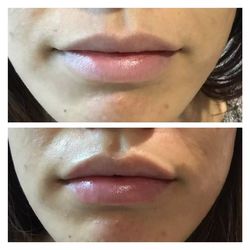 None
None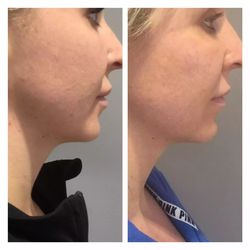 None
None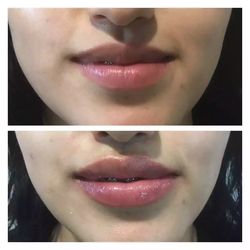 None
None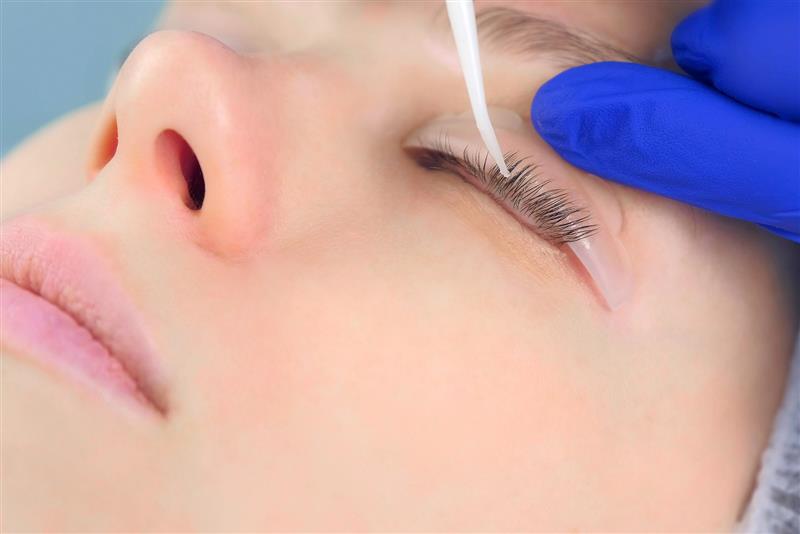

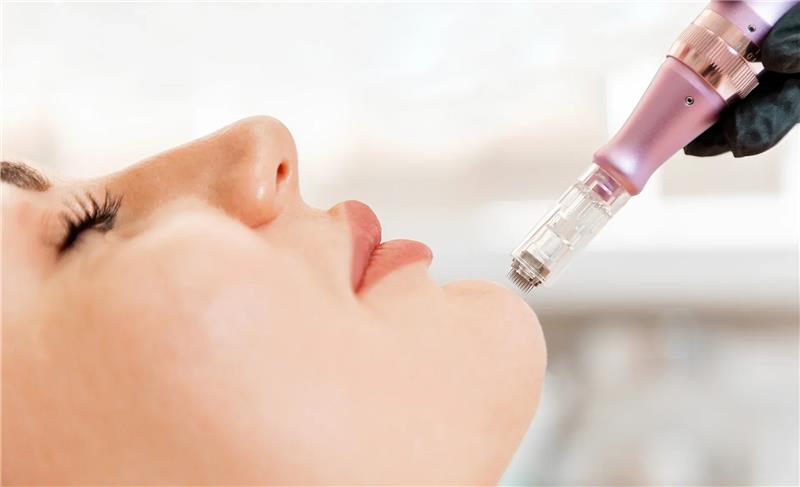











0 comments